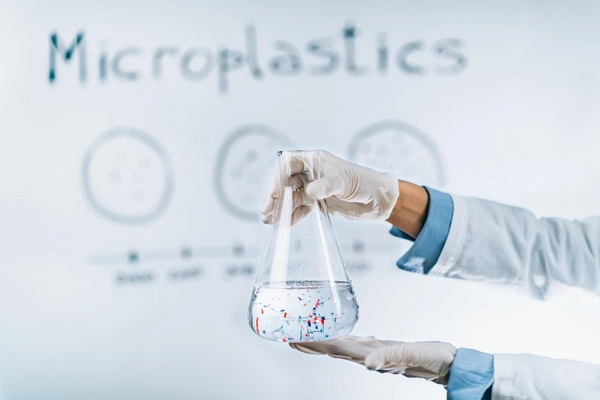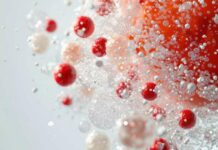Microplastics originating from food containers can cause vascular inflammation and cellular alterations, potentially increasing the risk of cardiovascular disease.

Microplastics are widespread environmental pollutants resulting from the degradation of plastic packaging, textiles, and industrial waste. These microscopic particles have been detected in human blood, lung tissue, and even within the heart, raising concerns about their impact on cardiovascular health. Researchers highlight that microplastics may induce inflammatory responses and structural changes in blood vessels, contributing to disease progression.
While previous studies have associated microplastics with oxidative stress and tissue damage, their specific role in vascular pathology remains under investigation. The detection of microplastics in the arteries of patients undergoing surgery suggests a possible link to atherosclerosis, a chronic condition characterized by arterial plaque buildup and vascular obstruction.
A recent study analyzed the effects of microplastics on human coronary artery smooth muscle cells (HCASMCs), exposing them to polyethylene and polystyrene—both in their original form and after degradation by sunlight. Researchers assessed cell viability, apoptosis (“programmed cell death”), cytotoxicity (“toxic effects on cells”), and inflammatory marker expression. Results indicated a decline in cell viability following microplastic exposure, particularly with degraded polystyrene, suggesting that environmental degradation increases their toxicity. Additionally, elevated levels of p53 and BMF proteins pointed to cellular stress and apoptosis, while enhanced smooth muscle cell migration—a hallmark of atherosclerosis—was also observed.
The study concludes that microplastics from food packaging may actively contribute to vascular inflammation and cellular injury, heightening the risk of cardiovascular disease. Given the rising levels of plastic pollution, urgent action is needed to mitigate its health impact. Researchers advocate for continued investigation and regulatory policies to limit the use of potentially hazardous materials in the food industry.






